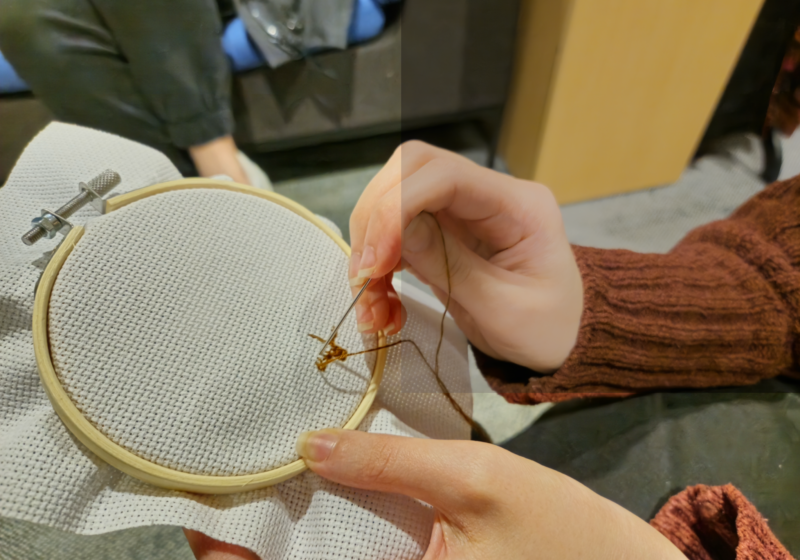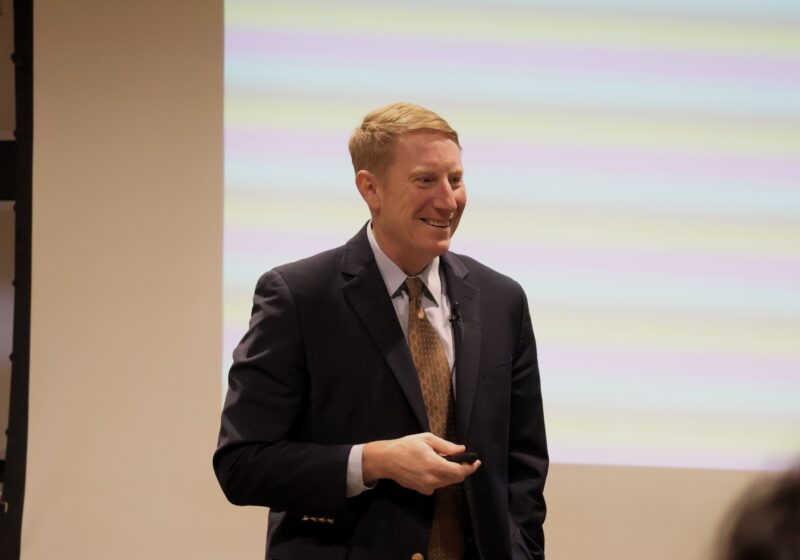The Editorial Board congratulates juniors Vito Martino and Lance Floto on becoming Students’ Association (SA) President and Vice President. Having endorsed them, we are pleased to see that the candidates we believed to be best for the position will now hold office.
Rather than reiterate Martino’s and Floto’s many qualifications for office, it seems prudent to speak to the challenges they are going to face going forward, as well as areas of their policy and political acumen that are going to need significant improvement, come this fall.
Martino’s charisma and ability to ingratiate himself with a diverse set of groups has served him well during this election cycle, but actually governing will be another beast entirely. It is crucial that he familiarize himself with the new SA bylaws, which even the most seasoned SA representatives have had difficulties with during this past year.
Though Martino possesses many of the qualities that made outgoing SA President Grant Dever an effective one, his lack of experience is still an unavoidable mark on his record. Martino’s lack of specificity in detailing his otherwise admirable plans (improving campus climate, increasing funding for mental health services, government transparency) will prove costly if he can’t narrow the focus of his proposals—and realize that, to accomplish these things, he will have to rely heavily upon the legislative branch.
Floto will face similar challenges. Outgoing SA Vice President Melissa Holloway, while not as publicly recognized as Dever, was instrumental in guiding SA through a year of internal strife and complicated changes to the bylaws that may have sunk a lesser member. Her ability to unite SA during trying times will be part of her enduring legacy.
Floto, meanwhile, has also done work that isn’t the most visible to the student body, but has not worked with nearly as many people as Holloway did during her tenure as Vice President. While his time in the Students’ Association Appropriations Committee will be valuable, giving him experience with the SA bylaws, he hasn’t had direct experience with the Senate and the various officers of the Executive Branch—with whom, if he follows Holloway’s lead, he will be expected to work regularly. Similar to Holloway, he seems content to work in the background. The work he will do, however, is some of the—if not the—most trying and important. Floto would do well to model his tenure on Holloway’s.
Going forward, we hope to see Martino and Floto deliver on the leadership qualities and promises that convinced the Campus Times to endorse them. Their unique position as outsiders has afforded them an opportunity that few before them have had, and, while that is appealing during an election, they’ll have to prove to the campus community that they can emulate the success of the outgoing administration. They have a lot to learn, but we expect great things.



